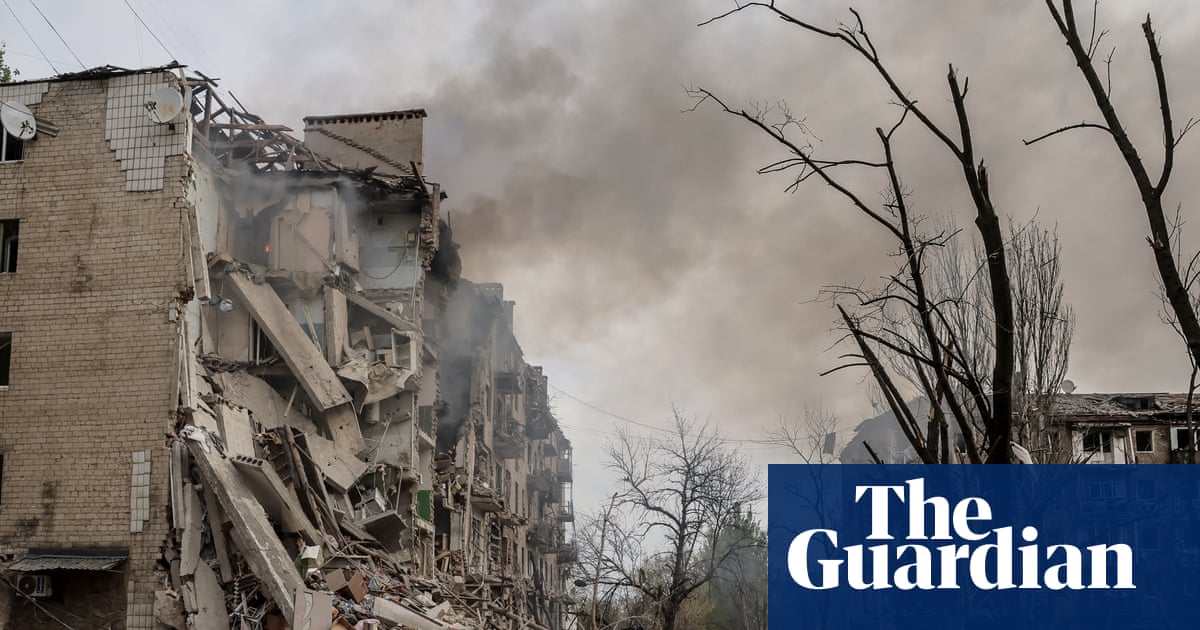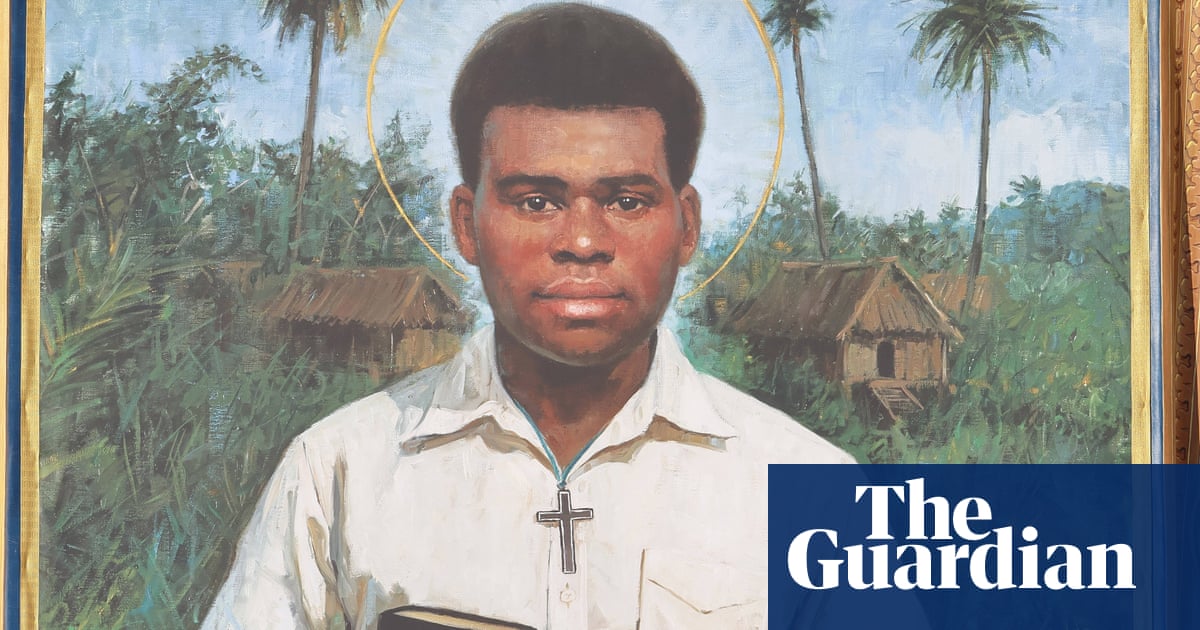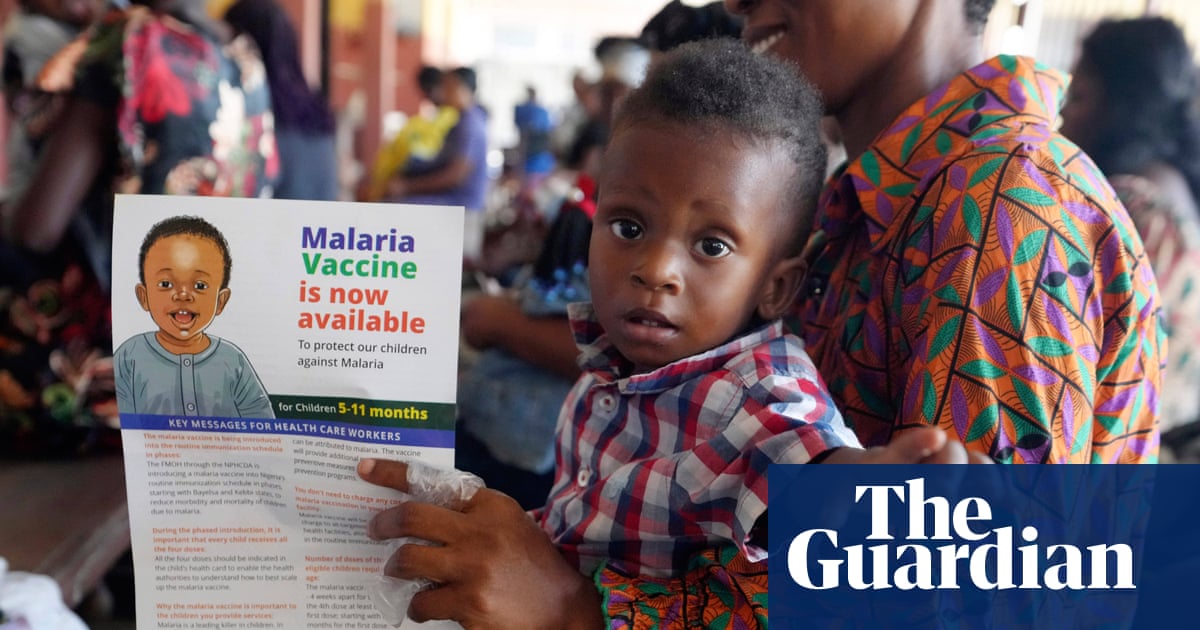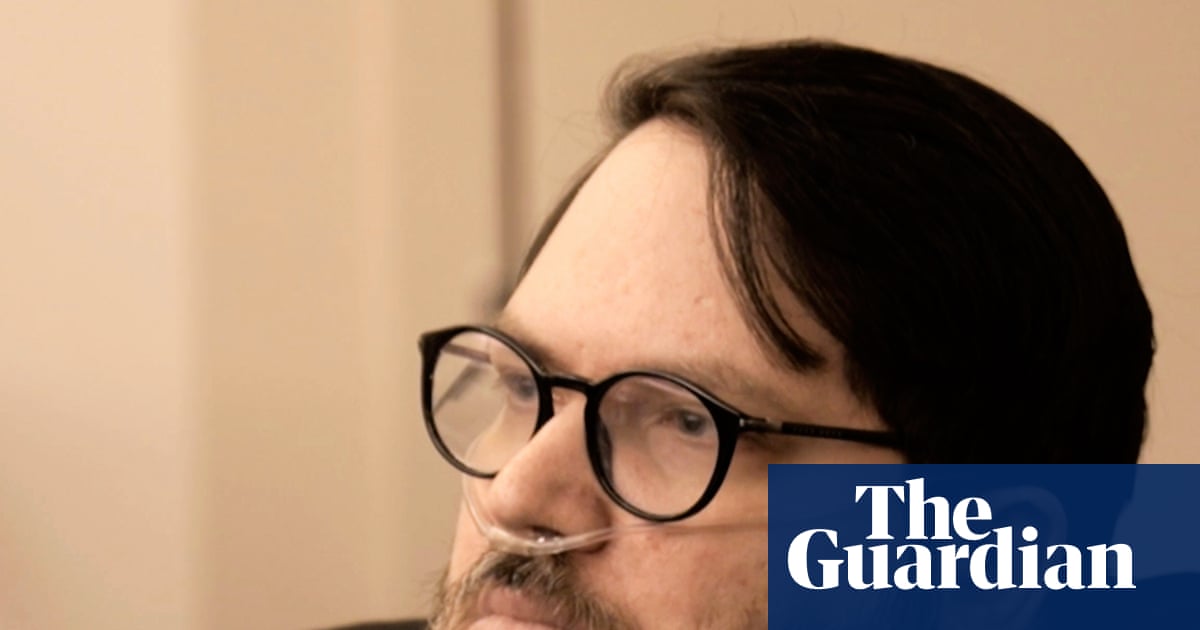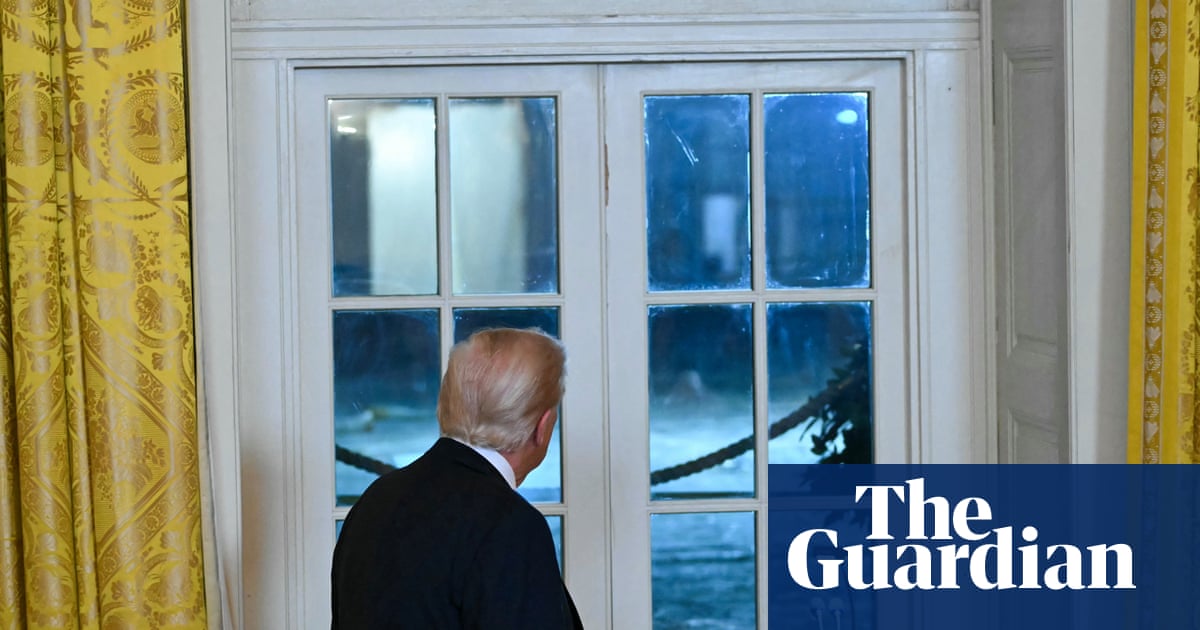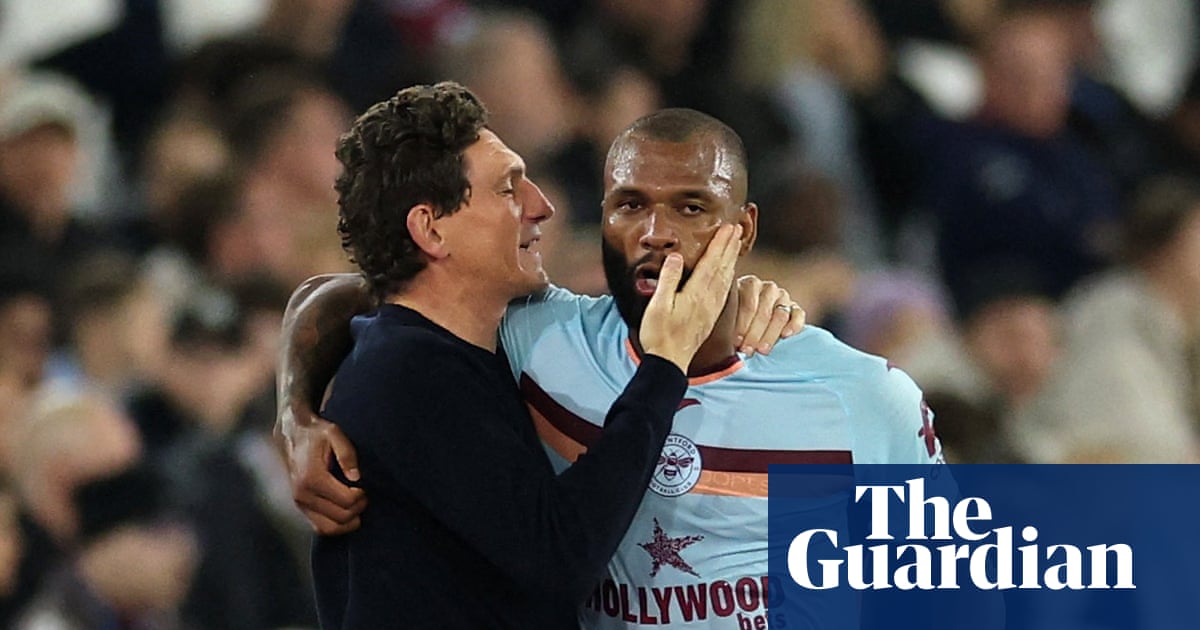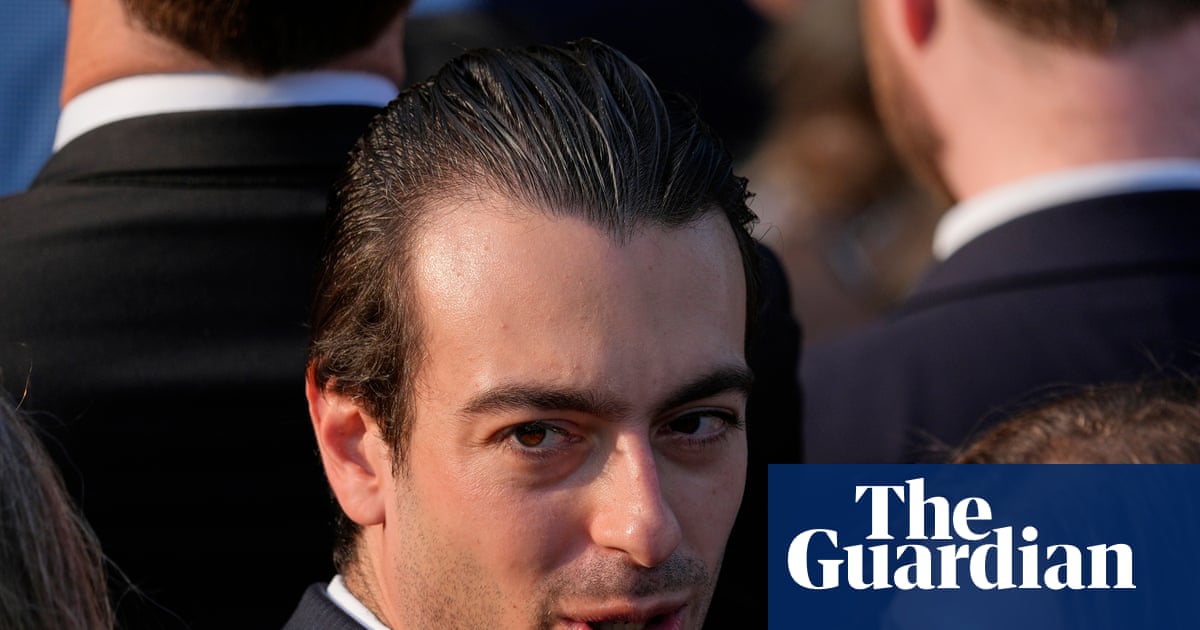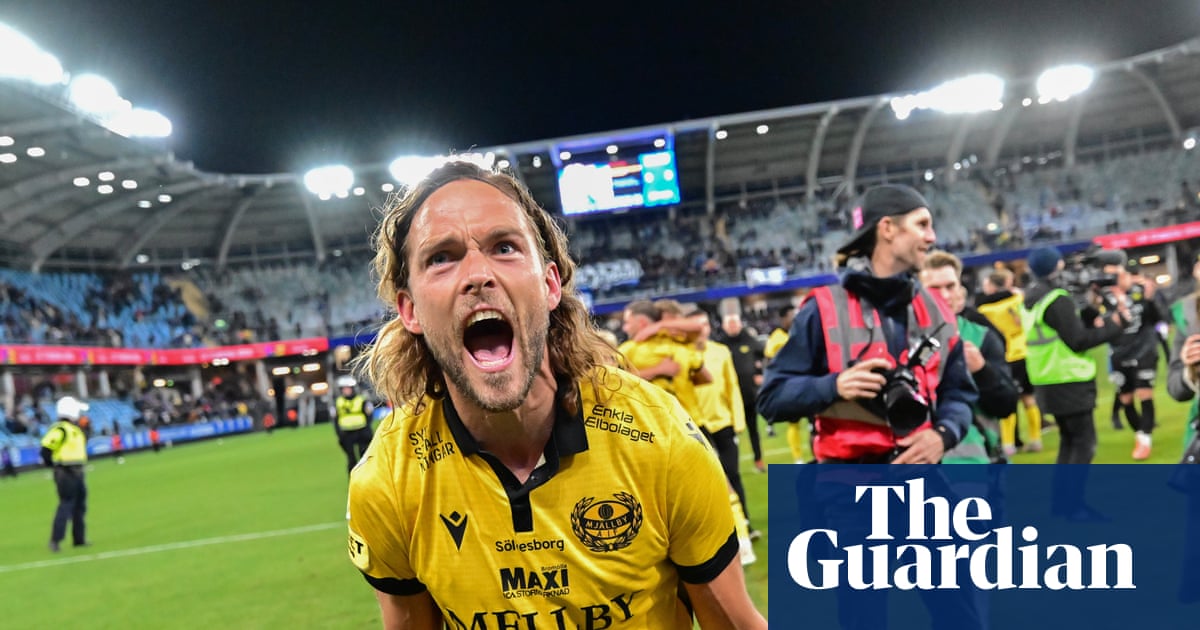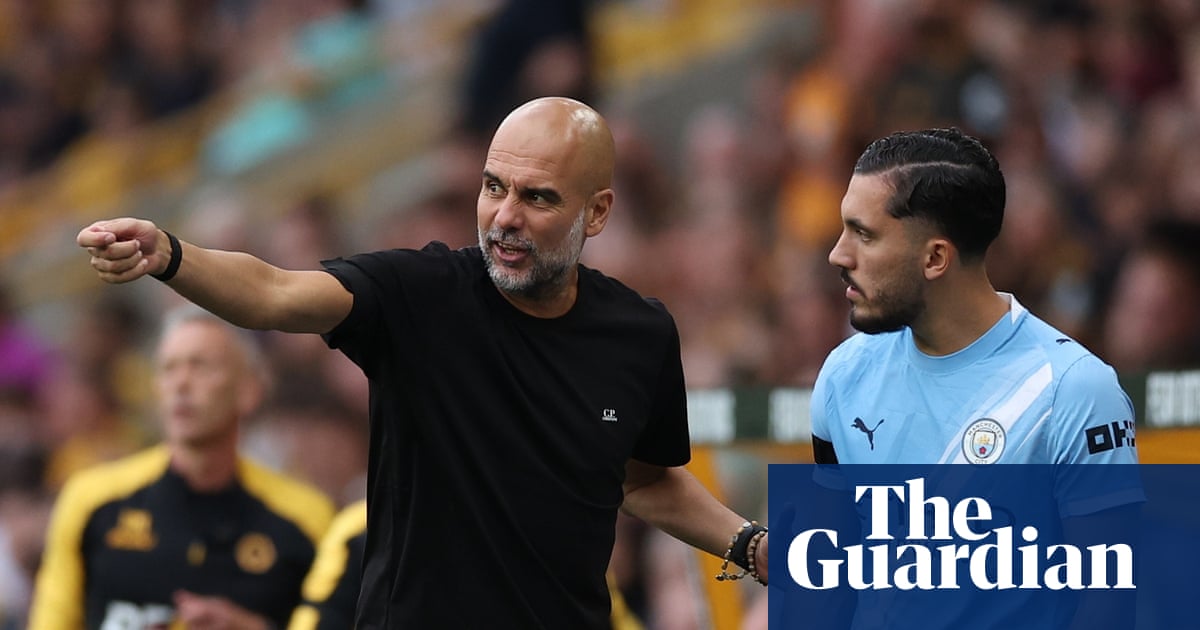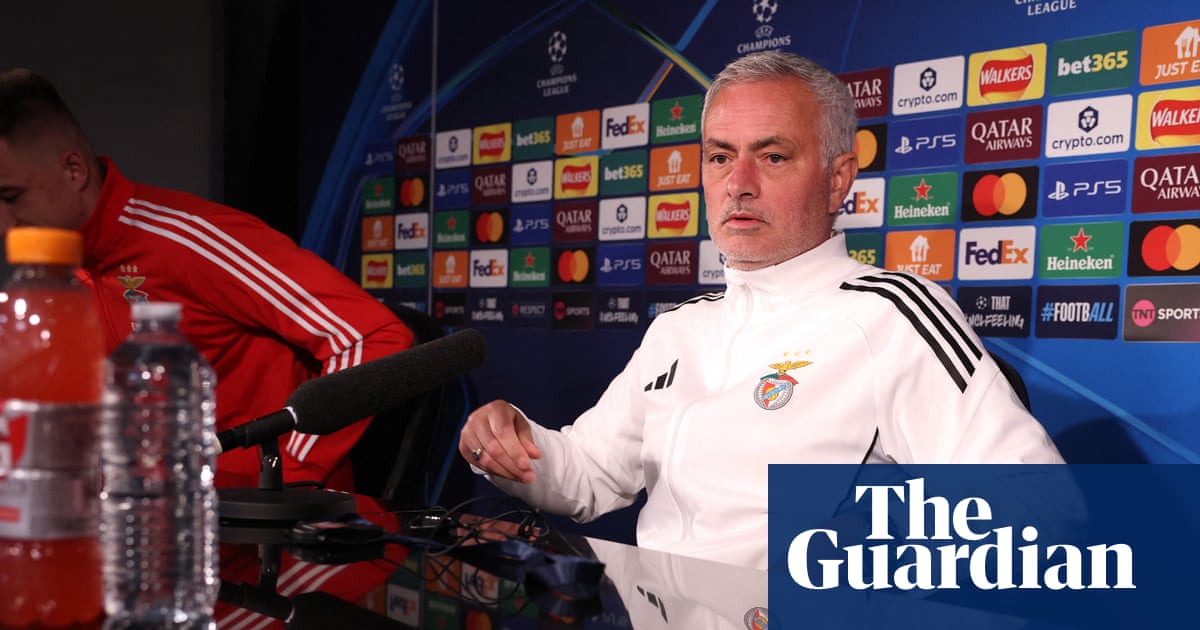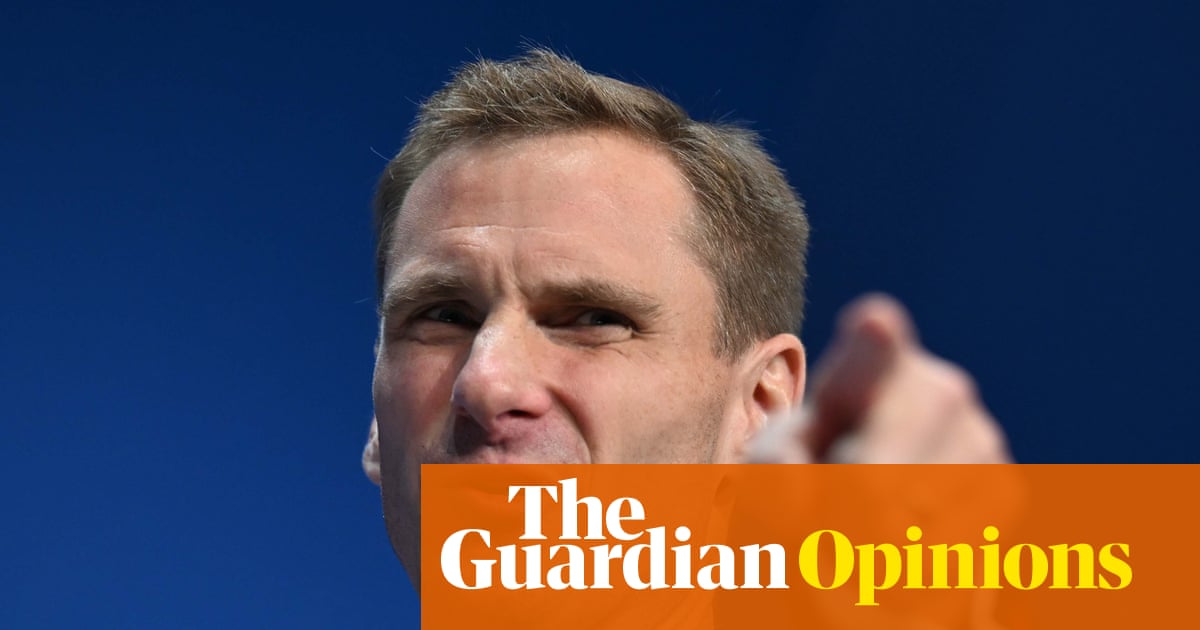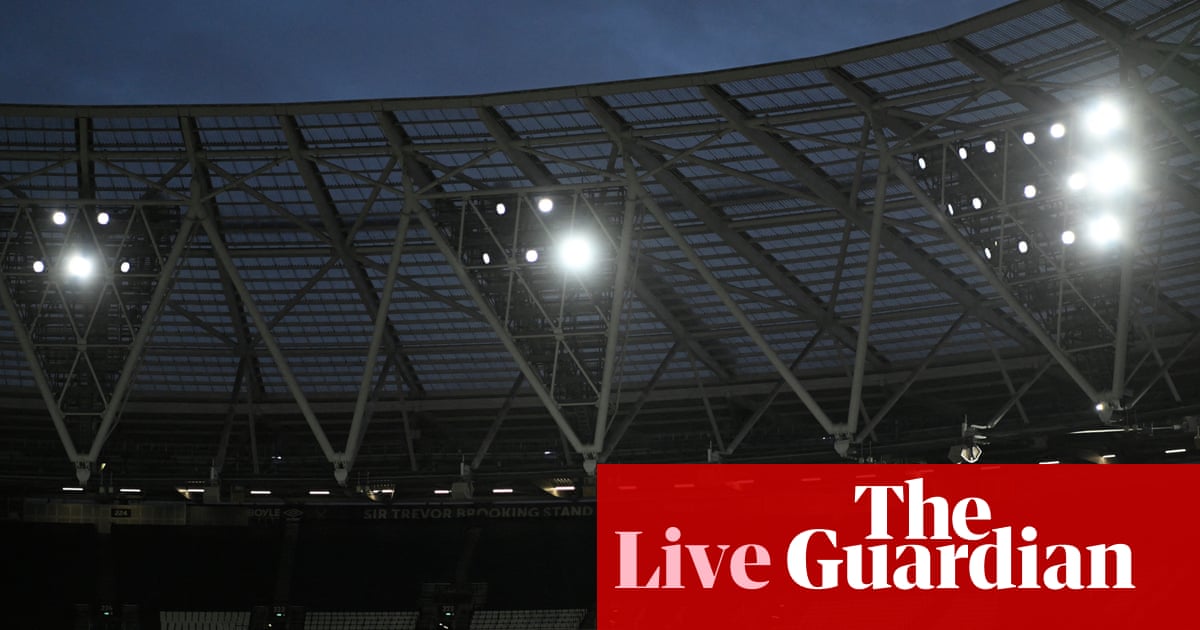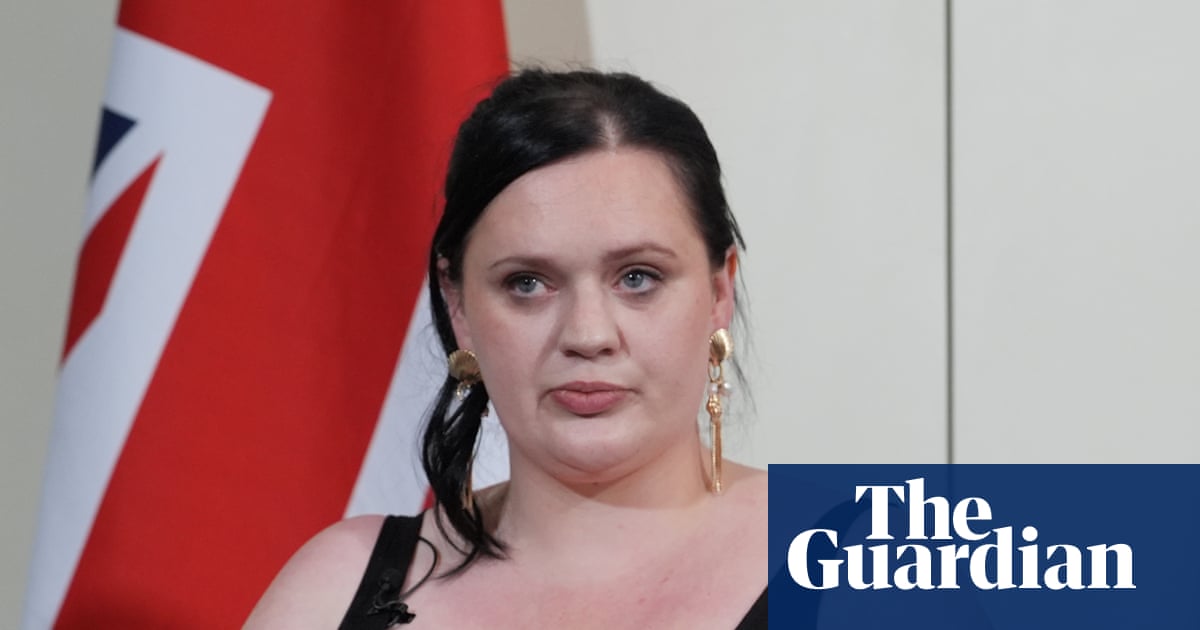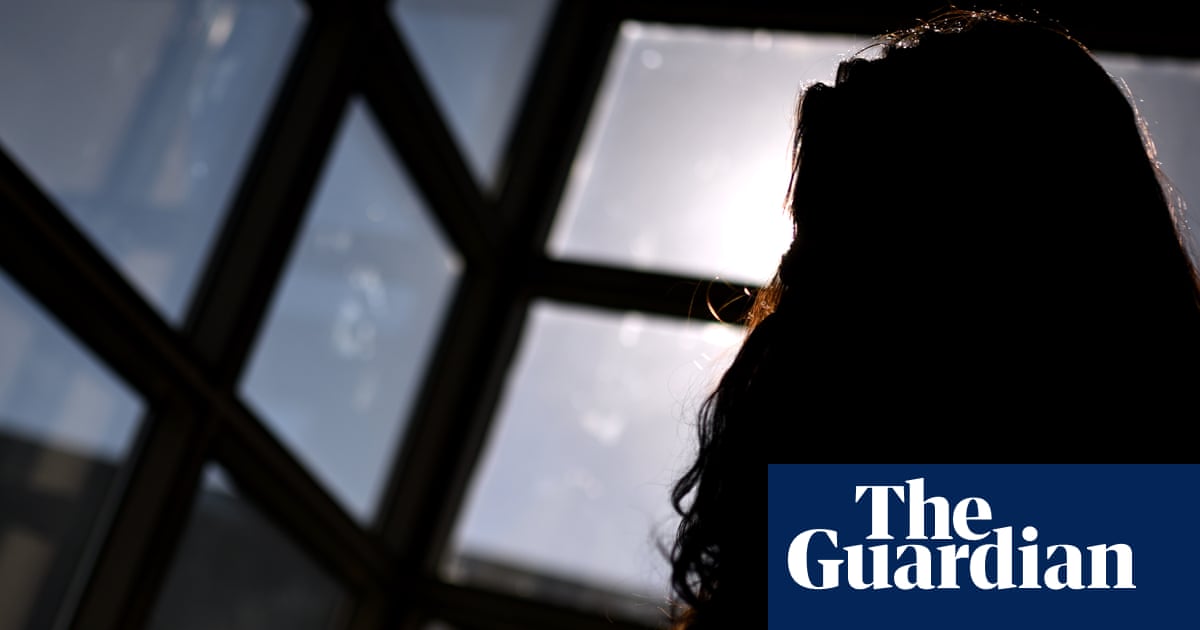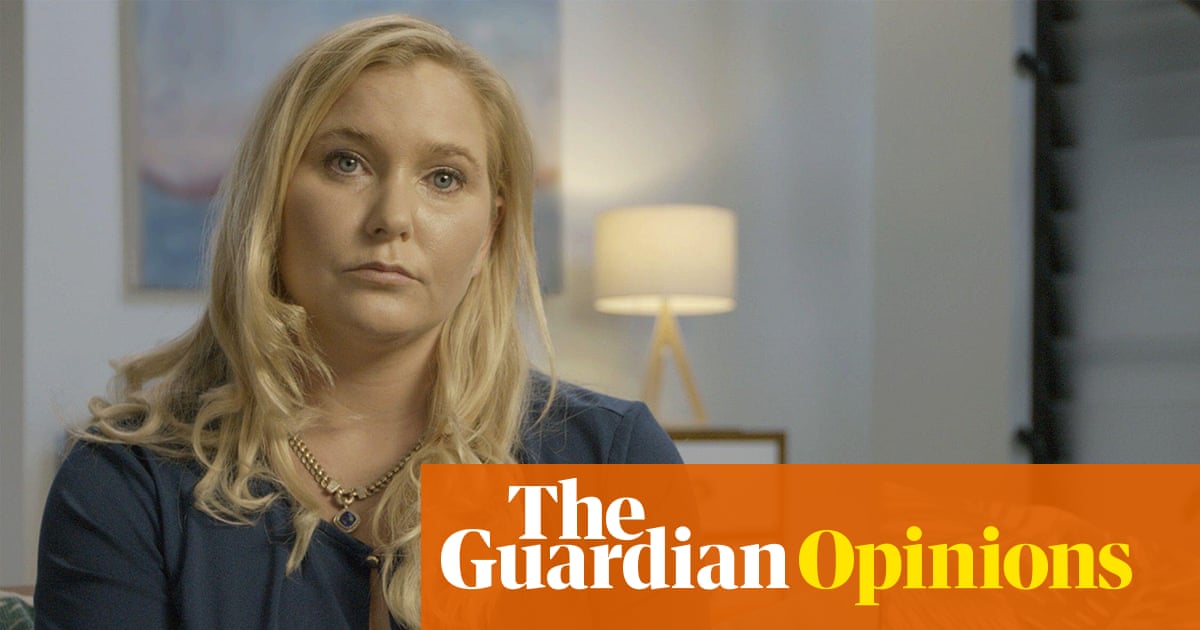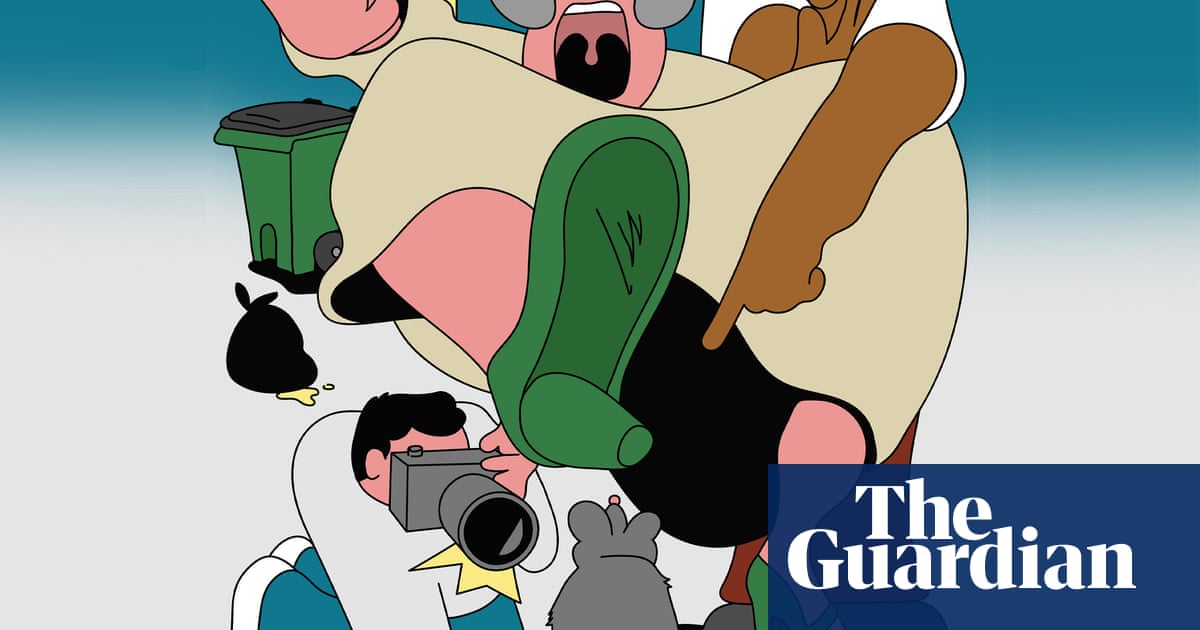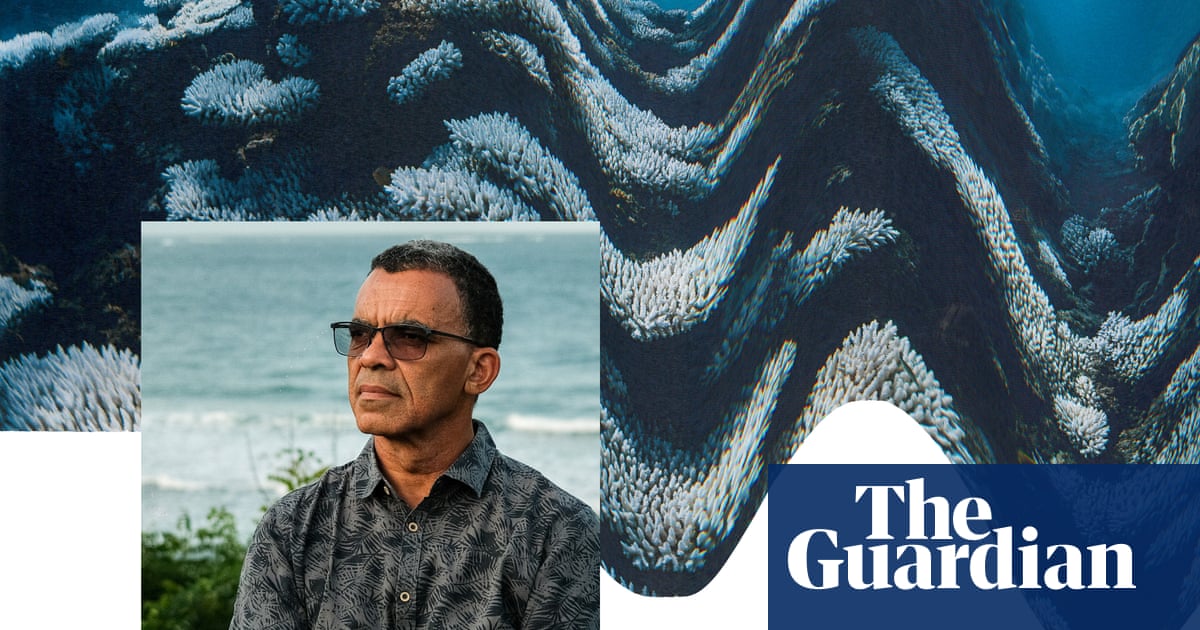I grew up surrounded by children having children. My all-girls school was known locally as “the pram pushers” – the first person in my cohort to get pregnant was 13; in my sister’s it was an 11-year-old – and my mother worked as a family planning doctor in the 16th-poorest borough of the country. The girls she met, the stories she heard, were – like those of the pregnant girls at school – stories of deprivation, vulnerability, gullibility and predation by adult men or older teenage boys.
All of which means that I grew up not giving much thought to the fathers of these children’s children (except it being pretty clear in my mind that the adults needed to be in prison). The young mothers were the focus, they and their imminent children the lives in most urgent need of intervention. The men could and did walk away, for many obvious reasons. The boys could too, and largely did. It has been that way since time immemorial. The one who doesn’t grow the baby can leave it much more easily. On this, physics and emotions are for once in perfect agreement.
In Joe Swash: Forgotten Young Dads, we are invited to consider whether the boys are hard done by. Four young men are interviewed – if you can call this gush of affirmations and exclamations by the well-meaning Swash that – about their decision to stay and their lives since.
Oran became a father at 16 and his daughter is now nearly three. His girlfriend, Casey, and his dad, Grant, refer to Oran’s “journey” – needing time to come to terms with all the ways his life would have to change (“I guess he was quite a selfish boy growing up, which most people are,” says Grant) – but by the time we meet him, he seems to be shouldering the duties of fatherhood admirably. “You have to take a step back and realise – I have another person to be responsible for.” He also seems to be reaping the benefits of parenthood, too. There is joy on his face when he engages with his child. If you can banish from your mind the thought that the three of them could have had all this and much more if they’d just waited 10 years, all is much as it should be and better than those around them might have dared hope.
The same can be said of Wyatt and Casey, 17 when their now 18-month-old was born, though their current equilibrium feels more fragile. Wyatt is a gentle, articulate soul who, with his younger brother, has been raised by his grandmother, Jill, after a troubled childhood with two drug-addicted parents. He now stays at home with their son while Casey works long hours. He is clearly doing his best and his best is far from inconsiderable. I would like to know how involved Jill is during the week, but certainly the mix of fatigue, frustration and love that is the hallmark of every involved parent is etched in every line of Wyatt’s bearing. “I can’t have him going through what I went through,” he says of his son.
The other two dads are slightly older (18 and 21 at the time of conception) and navigating slightly less dramatic challenges but with equal commitment. None of their stories, however, are particularly served by being undercut by Swash’s own, as he – presumably at the behest of a producer desperate to make him seem a good fit for this presenting role – outlines at length his own memories of becoming a father at 25 (which is not at all on a par with 16, or even 21) and how being without a dad of his own (he died when Swash was 11) affected his parental skills.
There are too many issues squashed into one programme here, and none are given the consideration they deserve. Are Oran et al outliers who could become a majority if better support for young dads was available, or would this be like King Canute shouting at the waves? Should a society aim to support or eradicate unplanned pregnancies? Can it do both? Is ambition the best form of contraception, and which government should we elect if we want to give our young people the ability to form it? So many questions and no answers by the end of the shoddy hour here.

.png) 5 hours ago
3
5 hours ago
3
